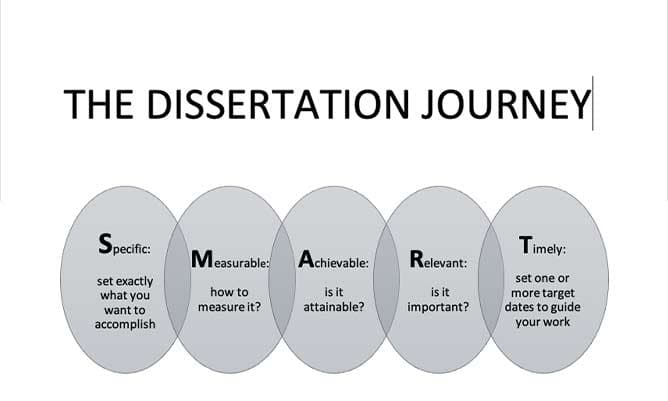Since the Dissertation represents a large chunk of most undergraduate and postgraduate degrees, both in terms of time and credits, the Dissertation topic needs to be chosen wisely.
As I reflect upon my personal experience so far, I would like to use my last blog to share 4 handy tips to follow when making such an important decision.
1. Select a topic that interests you
As you approach the final stage of your degree, the last thing you want is to spend a considerable amount of time and energy on a subject that does not satisfy your interest. In fact, the Dissertation represents an opportunity to showcase the knowledge and researching abilities acquired throughout your course and working on a topic that you are fully engaged in and committed to will allow you to express at full your academic potential. Although you may come across a particularly inspiring topic while attending a lecture, a seminar, or while working on one of your assessments, I would recommend choosing a topic based on your future professional plans. If you have a clear idea of what position you would like to work in after the completion of your studies, focusing and spending months of study and research on a subject that relates to it will definitely come in handy when tackling job interviews for example.
2. Make it ‘SMART’
In one of my previous blogs, I discussed the importance of having ‘SMART’ objectives while working on your assessments. Similarly, the topic of what could be considered as the principal assessment of your degree needs to be Specific, not too vague and not too narrow, Measurable, something that you can actually research on, Achievable, objective and feasible, Relevant, relating to your degree and career plans, Timely, something that could be researched on according to the deadlines put in place.
3. Start early
Although you are formally required to communicate an outline of your Dissertation topic only at the start of the second semester, it would be a good idea to start the brainstorming process as early as possible. The more time you spend comparing and researching different topics of interest, the more you will understand which one convinces you the most.
4. Discuss with your supervisor
You will be allocated to a supervisor according to the initial outline of your Dissertation topic. As such, having a clear idea of the subject of your thesis at an early stage will improve the efficiency of the supervisory process since you will become more likely to be allocated to an academic who is an expert and has established experience in the field of your dissertation subject. If you have trouble making your topic ‘SMART’, the supervisor is there to assist you with their precious knowledge and advice.

To conclude, I really hope you have enjoyed reading this blog as well as my previous ones. Being a Student Blogger for AMBS has been a privilege and an honour, and I can’t believe that such an experience has already come to an end. Thank you!


